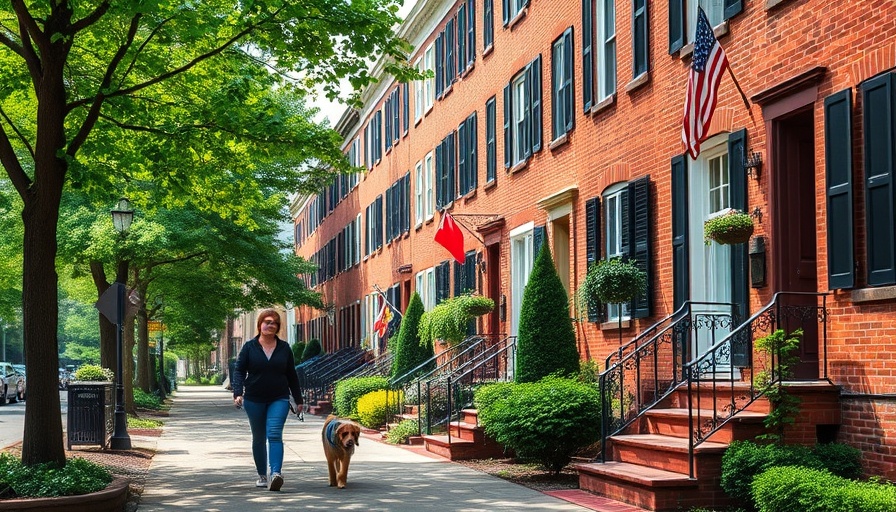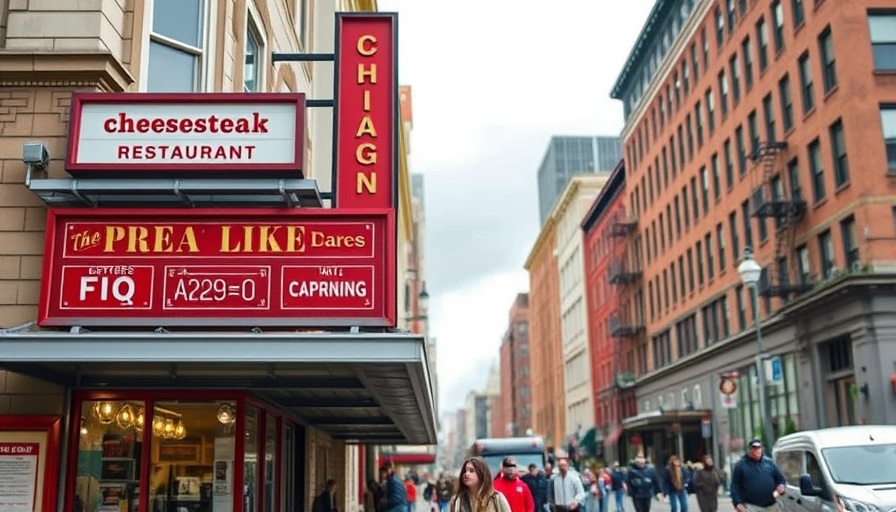
Homeowners in Philadelphia Rally Against New Historic Districts
Recent efforts to designate new historic districts in Philadelphia have sparked a wave of discontent among homeowners. Many residents are worried that the rules set forth by the city’s Historical Commission could drastically impact their economic prospects and living conditions. As such, lawsuits are now being mounted by homeowners who feel the changes are unfair.
Take, for instance, the homeowners in Washington Square West, where a group is actively fundraising to challenge new designations that would put their properties under strict preservation rules. Colin Murphy, a real estate agent and one of the residents fighting against these regulations, expressed the financial strain the changes could impose. As he aptly noted, paying a small amount now for legal representation is far better than incurring hefty costs later when compliance becomes necessary.
The Financial Burden of Compliance
For those living in or around historic districts, the potential costs of compliance can be daunting. Homeowners may be mandated to install historically appropriate materials, which could mean spending thousands on updates that they had not budgeted for. Murphy's perspective resonates deeply: “Would you rather pay $500 now to get the district potentially thrown out entirely, or wait until you have to do updates on your house?”
This question highlights a larger economic issue that many are grappling with: preservation versus personal financial freedom. As homeownership is already a significant financial undertaking, these new regulations are being perceived as an added burden that could stifle any local market growth.
A Struggle With Historical Preservation
The Historical Commission, established in 1955, has its roots in the effort to preserve architecturally significant neighborhoods in Philadelphia from the bulldozer. Its early focus was on individual buildings, but as the years progressed, the commission began designating entire districts. The fate of many homes now lies in the historical significance dictated by local policies, which some view as necessary, while others see it as a detrimental interference.
Paul Steinke, executive director of the Preservation Alliance for Greater Philadelphia, indicated that while some individual buildings can be contested and possibly overturned, entire districts have never been successfully challenged in court. The implications of this are significant as they underline the resilience of preservation efforts versus the immediate needs of current homeowners.
Finding Common Ground
Despite the tension, there’s potential for dialogue and compromise. Advocates on both sides could work together to adjust the rules surrounding historic districts to lessen the burdens on homeowners while still accomplishing preservation goals. By prioritizing community engagement, the Historical Commission could redefine its approach and explore creative solutions that benefit both heritage conservation and economic vitality.
Be Part of the Change
The ongoing battle over historic districts in Philadelphia serves as a reminder of the importance of community involvement in local governance. For those who want to stand up for their neighborhood freedoms, consider attending local meetings, voicing your opinions to city representatives, and engaging with fellow community members.
As the discussion continues, let your voice resonate within the city. The heart of Philadelphia lies in its neighborhoods, and your insights are crucial to shaping their futures.
 Add Row
Add Row  Add
Add 




Write A Comment